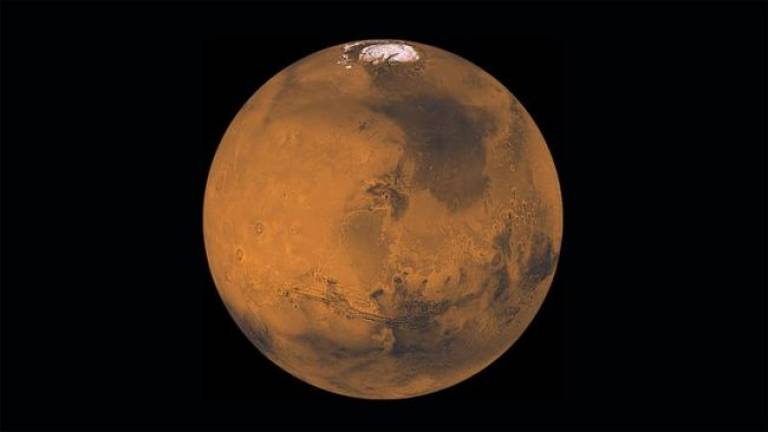UAE Mars mission: extraordinary feat shows how space exploration can benefit small nations
26 August 2020
The United Arab Emirates (UAE) successfully launched its Mars mission dubbed “Al Amal”, or “Hope”, from the Tanegashima Space Centre in southern Japan in July 2020.

The mission’s journey to its launch date has arguably been at least as remarkable as the launch itself. With no previous domestic space exploration experience, planetary science capacity or suitable infrastructure, the nation managed to put together a delivery team of 100% local, Emirati staff with an average age of under 35. And setting a deadline of six years rather than ten, as most comparable missions do, it pulled the launch off on time and within budget – now proudly joining the small cadre of nations who have launched a mission to reach Mars.
But given these odds, and the fact that Mars missions are notorious for their high failure rates (about 30% since the early 2000s), why did the UAE aim for the red planet in the first place? Space programmes have historically been used as catalysts for geopolitical influence. What’s more, we often think of them as costly endeavours of scientific curiosity, with few immediate and tangible benefits here on planet Earth. Does this reflect the UAE journey?
Space missions typically depart trying to answer scientific questions, before they ask how their value can extend to the society behind it. The Hope mission, however, has inverted this traditional logic. Instead, its conception arose from a quest to fundamentally redirect a nation’s trajectory.
The UAE’s mission has been timed to coincide Hope’s arrival into Martian orbit with the nation’s 50th anniversary as an independent country. Through its design and execution, the mission aims to diversify UAE’s economy from traditional activity, including oil and finance. Instead, it wants to inspire a young Arab generation towards scientific and entrepreneurial careers – and away from other, less societally beneficial pathways.
Read the full article over on theconversation.com
Credits
Ine Steenmans, Lecturer in Futures, Analysis and Policy, and Neil Morisetti, Vice Dean (Public Policy) Faculty of Engineering Sciences, UCL
This article is republished from The Conversation under a Creative Commons license. Read the original article.
Image inline article: NASA/ JPL/ USGS
The transformative value analysis report for Mohammed Bin Rashid Space Centre was contracted via UCL Consultants
 Close
Close


